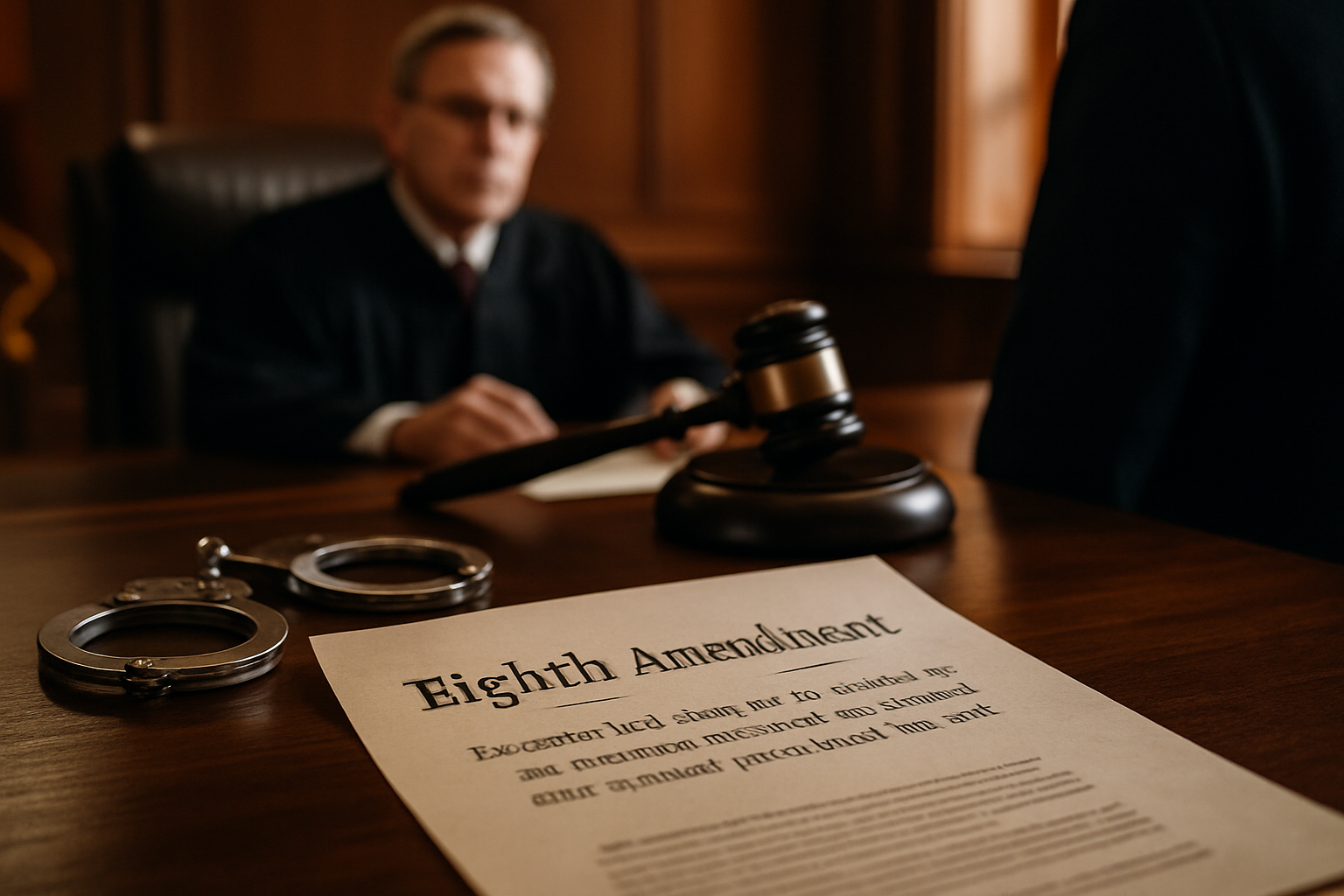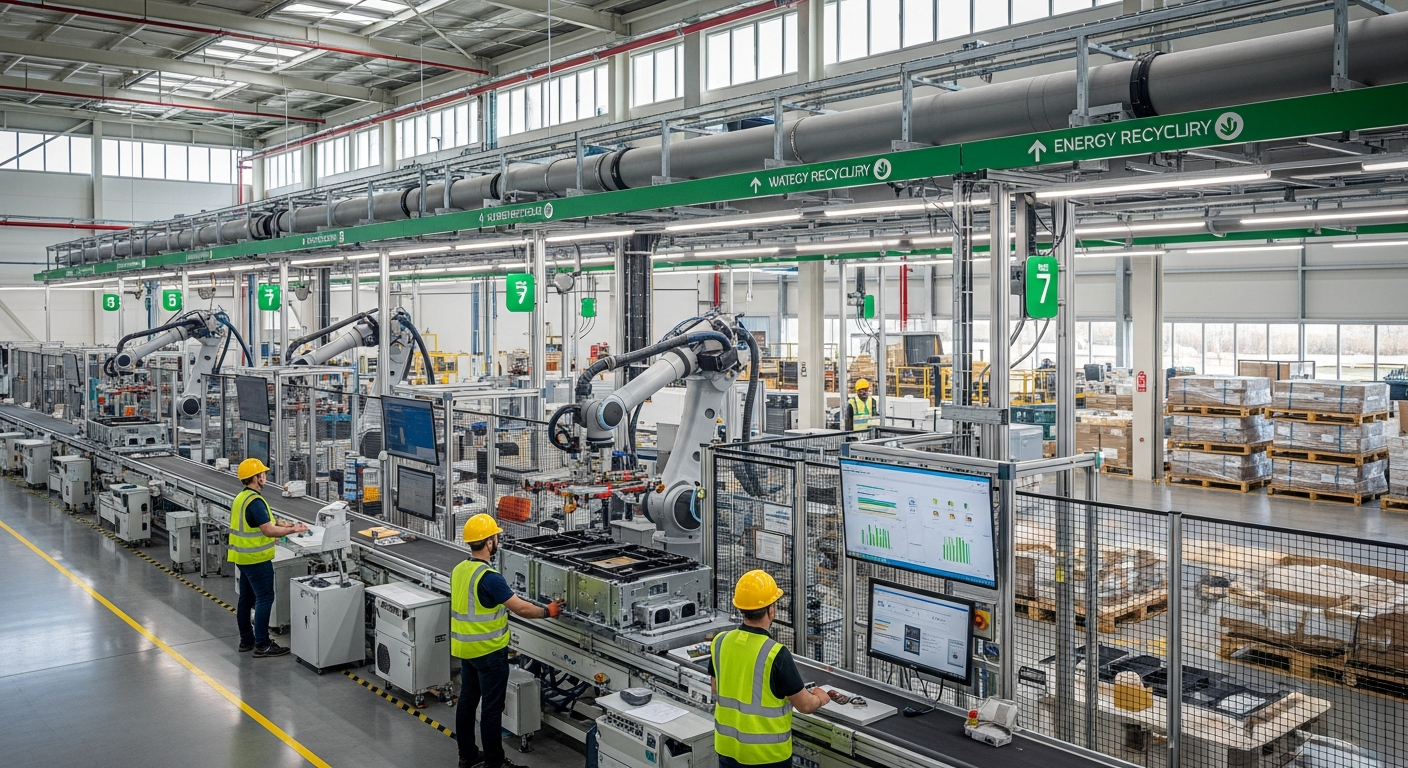Rethinking Plea Bargaining: A Constitutional Conundrum
Introduction: In the intricate tapestry of the American criminal justice system, plea bargaining stands as a controversial yet widespread practice. This negotiation process, where defendants plead guilty in exchange for reduced charges or sentences, has become the backbone of case resolution. However, its constitutionality and impact on justice continue to spark heated debates among legal scholars, practitioners, and policymakers.

Constitutional Challenges to Plea Bargaining
Despite its prevalence, plea bargaining faces ongoing constitutional scrutiny. Critics argue that it infringes upon the Sixth Amendment right to a jury trial and the Fifth Amendment protection against self-incrimination. The pressure to accept a plea deal, they contend, can lead innocent defendants to plead guilty, undermining the presumption of innocence. Moreover, the lack of transparency in negotiations raises due process concerns, as deals often occur behind closed doors without judicial oversight.
Efficiency vs. Justice: A Delicate Balance
Proponents of plea bargaining emphasize its role in maintaining an efficient justice system. With overcrowded courts and limited resources, they argue that plea deals are necessary to prevent systemic collapse. Prosecutors contend that the practice allows for swift justice and spares victims the trauma of trials. However, this efficiency comes at a cost. The pressure to resolve cases quickly can lead to rushed investigations and potentially unjust outcomes, particularly for defendants with limited resources.
Racial and Socioeconomic Disparities in Plea Bargaining
One of the most pressing concerns surrounding plea bargaining is its potential to exacerbate existing inequalities in the justice system. Studies have shown that racial minorities and economically disadvantaged defendants are more likely to accept plea deals, even when innocent. This disparity raises serious questions about equal protection under the law. Critics argue that the practice perpetuates systemic biases and undermines the principle of equal justice for all.
Reform Proposals and Future Outlook
As debates over plea bargaining intensify, various reform proposals have emerged. Some advocate for increased judicial oversight of the plea process, including mandatory hearings to ensure defendants fully understand the implications of their pleas. Others propose limits on the sentencing differentials between plea offers and post-trial sentences to reduce coercive pressure. More radical suggestions include abolishing plea bargaining altogether and redirecting resources to ensure fair trials for all defendants.
The Role of Technology in Plea Bargaining
Emerging technologies are beginning to reshape the landscape of plea bargaining. Artificial intelligence and data analytics are being explored as tools to predict case outcomes and inform negotiation strategies. While these innovations promise greater efficiency and consistency, they also raise concerns about algorithmic bias and the potential dehumanization of the justice process. As technology continues to evolve, its integration into plea bargaining practices will likely be a subject of intense legal and ethical debate.
International Perspectives on Plea Bargaining
The American model of plea bargaining is unique in its scope and frequency. Many other countries, particularly those with civil law systems, view the practice with skepticism. Comparative legal studies reveal diverse approaches to case resolution, from Germany’s abbreviated trial procedures to Japan’s limited use of plea-like agreements. These international perspectives offer valuable insights for potential reforms in the U.S. system, highlighting alternative methods of balancing efficiency with justice.
In conclusion, plea bargaining remains a deeply entrenched yet contentious aspect of the American legal system. As courts, legislators, and scholars grapple with its constitutional implications and societal impact, the practice continues to evolve. The ongoing debate surrounding plea bargaining reflects broader questions about the nature of justice, the role of efficiency in legal proceedings, and the delicate balance between individual rights and systemic needs. As the legal landscape shifts, the future of plea bargaining will undoubtedly be shaped by a complex interplay of constitutional principles, practical considerations, and evolving societal values.






